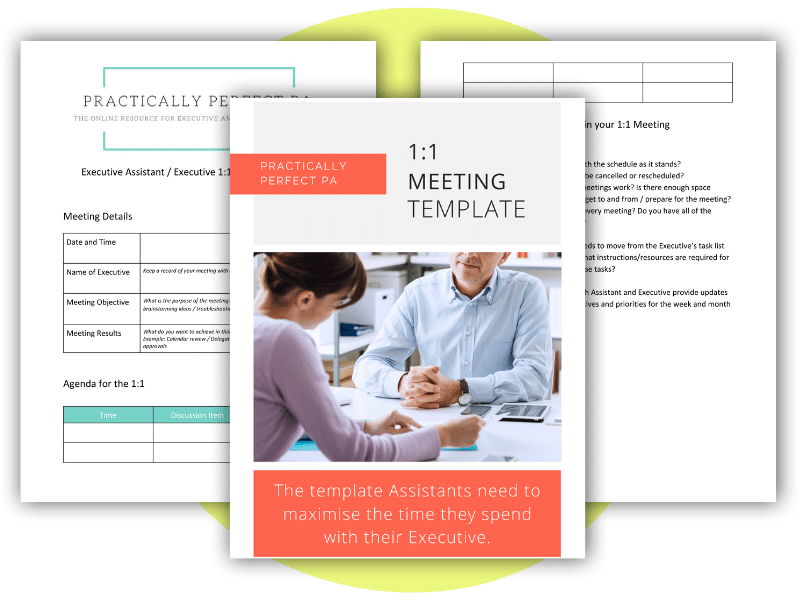How Assistants can debunk stereotypes and create influence in the workplace
As Assistants, we’ve all faced the challenge of debunking stereotypes and ensuring that our colleagues and Executives understand the value we bring to our roles. Often, we may be seen as the traditional secretary, relegated to making tea or booking rooms, and not considered equal partners in the workplace. However, over the many years I have been the Founder of Practically Perfect PA, there has been a shift in the stereotype. With a proactive approach, Assistants who come up again the stereotype can shift perspective and create influence in the workplace.
I’ve interviewed many high-performing Assistants over the last decade and, on many occasions, have asked them how Assistants can debunk stereotypes and create influence in the workplace. Here is my summary of the stereotype and the practical steps Assistants can take when faced with this challenge.
Challenge and reject the Assistant stereotype
One common stereotype that Assistants often face is the belief that they should have a maternal instinct when supporting a male Executive. This expectation that Assistants should care for their Executives like a wife or a mother is outdated and irrelevant to the professional relationship between an Assistant and their Executive. It’s essential to challenge and reject this stereotype and assert yourself as a professional who can bring expertise and skills to the table rather than fulfilling an outdated gender role.
Another stereotype that Assistants often encounter is the perception that their role is just a job, not a profession. Educating our managers and colleagues about the true nature of our roles as assistants is crucial. We are not just task-doers but professionals who contribute to the organisation’s success in strategic and operational ways.
We deserve to be treated with the same attitude as any other role in the organisation, with opportunities for feedback, training, and development. It’s essential to advocate for yourself and actively communicate the value you bring to the organisation beyond basic administrative tasks.
Create influence in the workplace
So how do you create influence in the workplace so that you are not challenged by the outdated stereotypes that exist in the industry?
Assistants can influence their organisations by actively working with their colleagues and Executives. This involves being proactive, assertive, and confident in your interactions. Do not shy away from speaking up, sharing your ideas and perspectives, and participating in decision-making. By demonstrating your expertise, competence, and professionalism, you can gain the respect and recognition of your colleagues and executives.
Furthermore, Assistants can build influence by developing positive working relationships with their colleagues and Executives.
Building rapport, trust, and mutual respect can help us establish ourselves as valuable team members and partners in the workplace. We can collaborate with our colleagues, provide support, and contribute to the success of our teams and organisations. Our ability to work well with others and be a team player can enhance our influence and contribute to our overall effectiveness in our roles.
It’s also crucial for Assistants to continuously invest in their professional development. This can involve seeking training opportunities, staying up-to-date with industry trends and best practices, and continually improving our skills and knowledge. By constantly growing and improving, we can demonstrate our commitment to our profession and organisation and position ourselves as experts in our field.
We can influence and create positive change in our organisations as Assistants. By challenging stereotypes, actively working with our colleagues and Executives, building positive relationships, and investing in our professional development, we can add value to our roles and ensure that our colleagues and those around us understand our importance to our organisations. It’s time to break free from outdated stereotypes and embrace the true professionalism and expertise of the modern Assistant.
Taken collectively, to confront the challenges of being an Assistant and influential professional, we must ensure we are always informed. Our proactive approach must be coupled with essential skills such as influencing and communicating our value to ensure that Assistants are considered equal team members.
At Practically Perfect PA, we have been running training sessions for Assistants for many successful years, allowing us to debunk the stereotype. We created the Assistant Essentials Online Course so everyone can benefit from this unique program and better understand their critical role in the business. With this approach, we can fight against the traditional stereotypes of being an Assistant.





